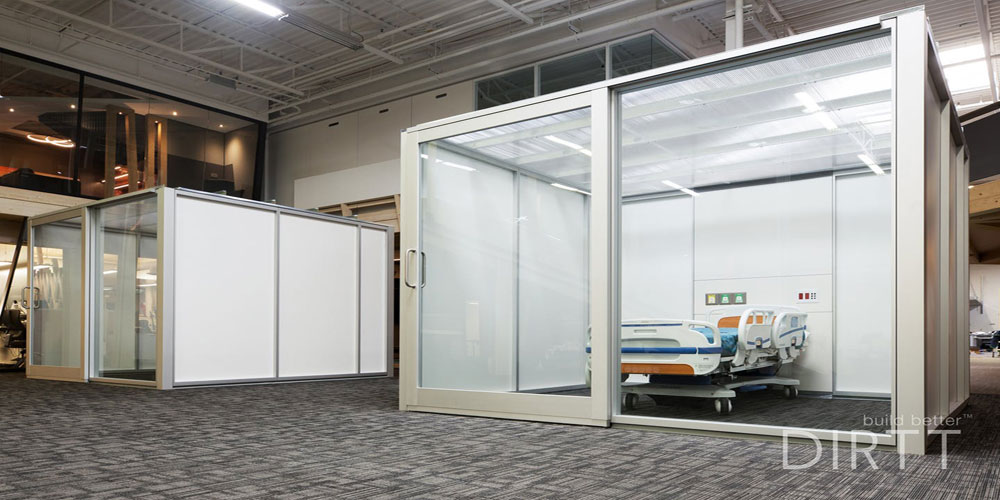
Benefits to Patient Care of Isolation Rooms
Isolation rooms, also known as negative pressure rooms, are designed to control the spread of infectious diseases and protect healthcare workers and other patients from exposure. These rooms are equipped with special air handling systems that allow for the removal of contaminated air and the prevention of contaminated air from escaping into other areas of the hospital.
While isolation rooms may seem restrictive and intimidating, they actually provide numerous benefits to patient care. Here are some of the ways that isolation rooms benefit patient care:
Preventing the spread of infectious diseases
Isolation rooms are most commonly used to prevent the spread of infectious diseases such as tuberculosis, measles, and COVID-19. Patients with these diseases can be highly contagious and pose a significant risk to others. By placing them in an isolation room, the spread of the disease can be controlled, reducing the risk of transmission to other patients, healthcare workers, and visitors.
Enhancing patient privacy
Isolation rooms offer patients a level of privacy and comfort that may not be possible in a regular hospital room. Patients in isolation rooms are typically given their own private room with a bathroom and shower, reducing the need for them to leave their room and come into contact with others. This can help to reduce stress and anxiety and enhance the healing process.
Providing specialised care
Isolation rooms are often staffed with specialized healthcare professionals who are trained in the care of patients with infectious diseases. These professionals have the necessary skills and knowledge to provide the best possible care to patients in isolation, ensuring that their needs are met and that they receive the appropriate treatment.
Reducing hospital-acquired infections
Hospital-acquired infections (HAIs) are a serious concern in healthcare settings. By placing patients with infectious diseases in isolation rooms, the risk of HAIs can be reduced. Isolation rooms are designed to prevent the spread of infectious diseases, which can help to reduce the number of HAIs in the hospital.
Protecting healthcare workers
Healthcare workers are at a high risk of contracting infectious diseases in healthcare settings. By placing patients with infectious diseases in isolation rooms, the risk of exposure to healthcare workers can be reduced. This can help to protect healthcare workers from illness and ensure that they can continue to provide care to other patients.
Isolation rooms provide numerous benefits to patient care. By preventing the spread of infectious diseases, enhancing patient privacy, providing specialised care, reducing hospital-acquired infections, and protecting healthcare workers, isolation rooms play a crucial role in ensuring the safety and well-being of patients in healthcare settings.